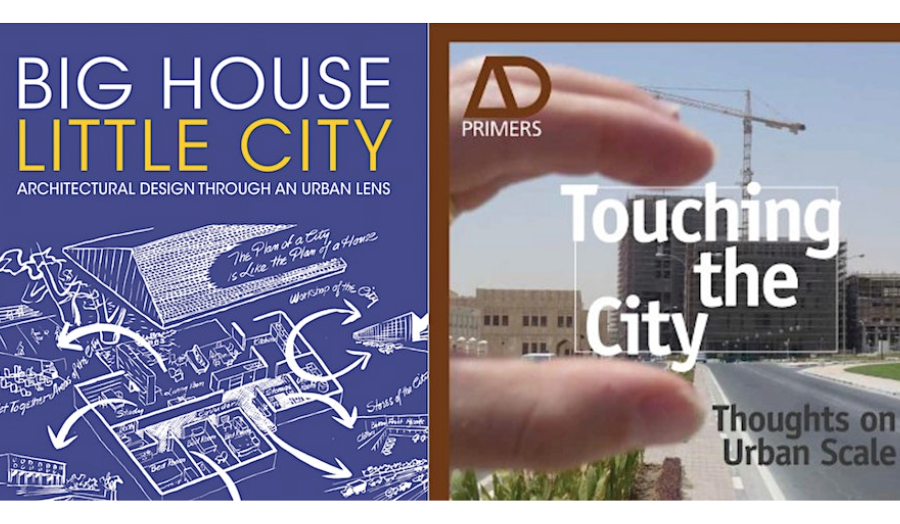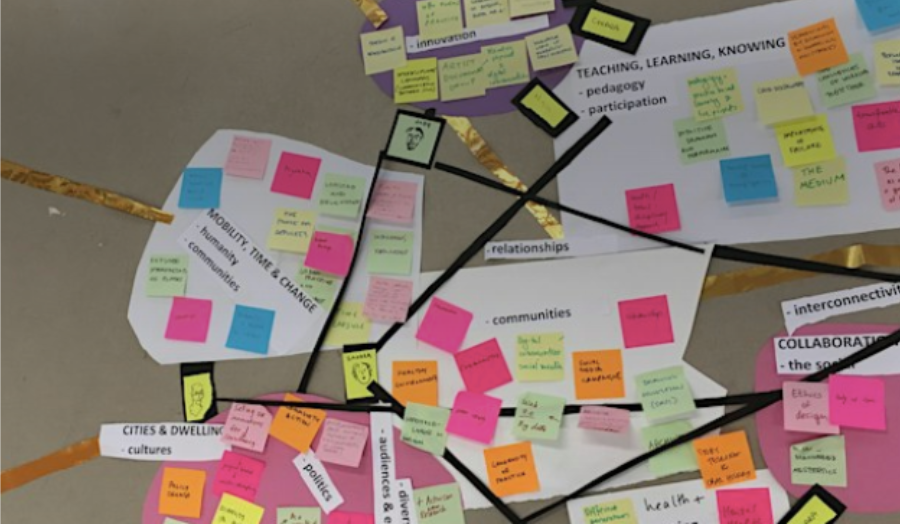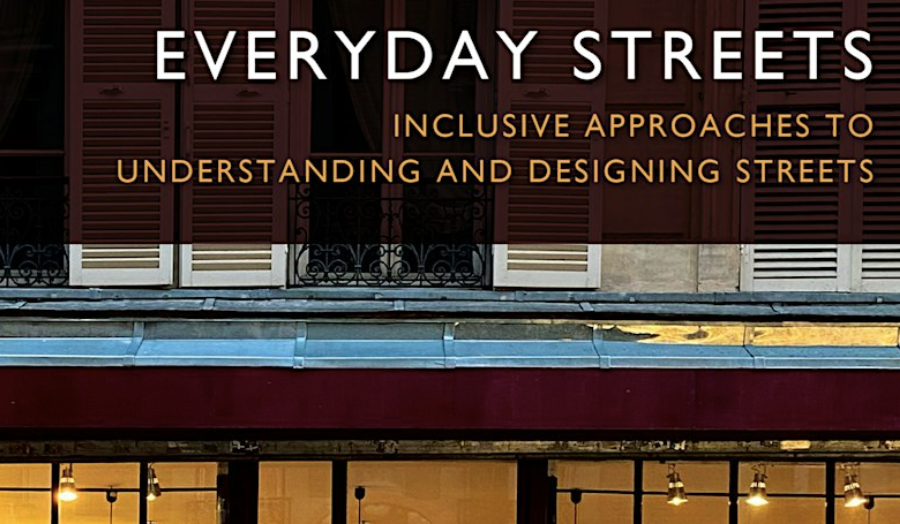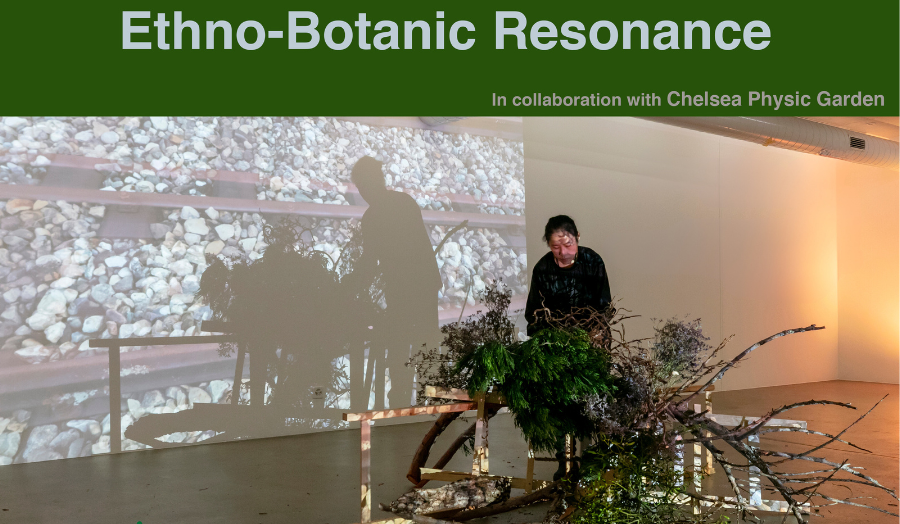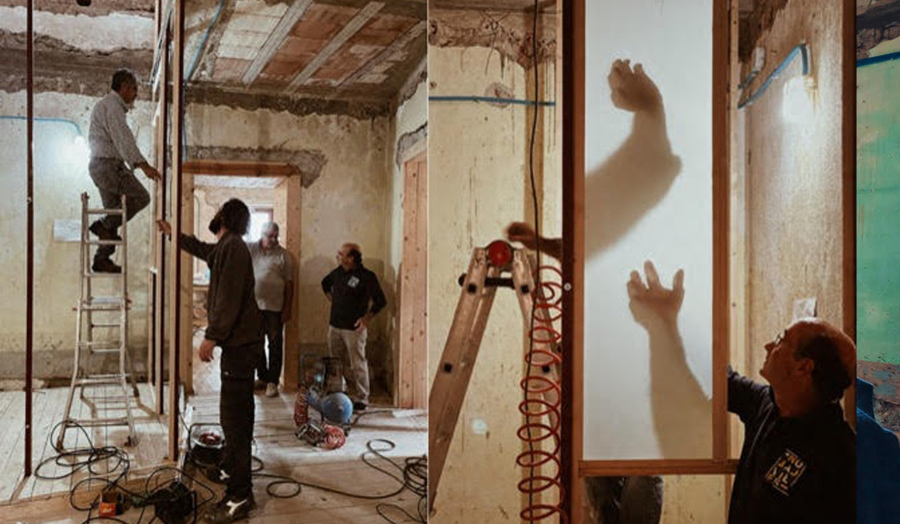In recent years, human wellbeing has received widespread attention in architecture and design, especially in response to evidence indicating a link between the form and quality of the built environment and social, mental, and physical health outcomes. However, despite this surge in attention, open questions and controversies remain regarding the conceptualisation of a human-focused approach to architecture and addressing wellbeing in practice. Seen as a whole, new frameworks are needed, accentuating the integration of evidence-based practices required to support the design of built environments that are responsive to human nature, needs, and experience to enhance human wellbeing.
The session discussed innovative models to address aspects of well-being in a systematic and evidence-based manner and ways to integrate these aspects into the design process. Philomena Reinmüller introduced “Anthropotropic Architecture” as a conceptual framework and design paradigm that puts humans at the centre of decision-making in architecture. Natasha Reid set out the “Place Quality Model” which aims to create a step-change in the way places are designed to focus on outcomes for people’s quality of life. Prioritising human experience has been recently adopted into the first London borough’s planning requirements, embedding health, social wellbeing, inclusivity and equity into the development process.
Speakers
Philomena Reinmüller is an independent architectural research consultant and design practitioner based in the San Fransisco Bay Area in California. Trained in architecture as well as sustainable design and construction, her research and design practice are driven by the idea of "Anthropotropic Architecture" – an architecture that is responsive to the multifaceted social, mental and physical needs of its end-users. She studied architecture at London Metropolitan University, graduating with Distinction in the MA in Architecture in 2019, and has earned an Engineer’s degree in Sustainable Design & Construction at Stanford University in 2023.
Natasha Reid is founder of MATTER SPACE SOUL, a specialist design consultancy shaping places for health, wellbeing and social sustainability. Having trained and practiced in architecture, she has focused on the social, psychological and emotional impacts of places over the last decade and often speaks at conferences on forward-thinking approaches to pressing urban issues. She is a “Healthy Places and Inclusive Design” expert for two London borough review panels, former Fellow with the Center for Conscious Design and an Associate with the Quality of Life Foundation. She studied Architecture at Cambridge University and gained a Distinction for her Professional Diploma in Architecture at The Cass (now London Metropolitan University's School of Art, Architecture and Design).
Chair
Kaye Newman is Head of Architecture and Design at London Metropolitan University. The common thread throughout her design career has been themes surrounding connection: between user and client, between public and private space. To preserve the integrity of each but improve the continuity of flow and movement between them. Through an empathetic, aesthetic and reflective approach and design philosophy, this theme has been developed as the underlying quality underpinning the Interior Design teaching programme at London Metropolitan University.

Details
| Date/time | Wednesday 13 December 2023 5.30pm - 7pm |
|---|---|
| Book ticket | Event ended |
| Location | Online Microsoft Teams Event |

